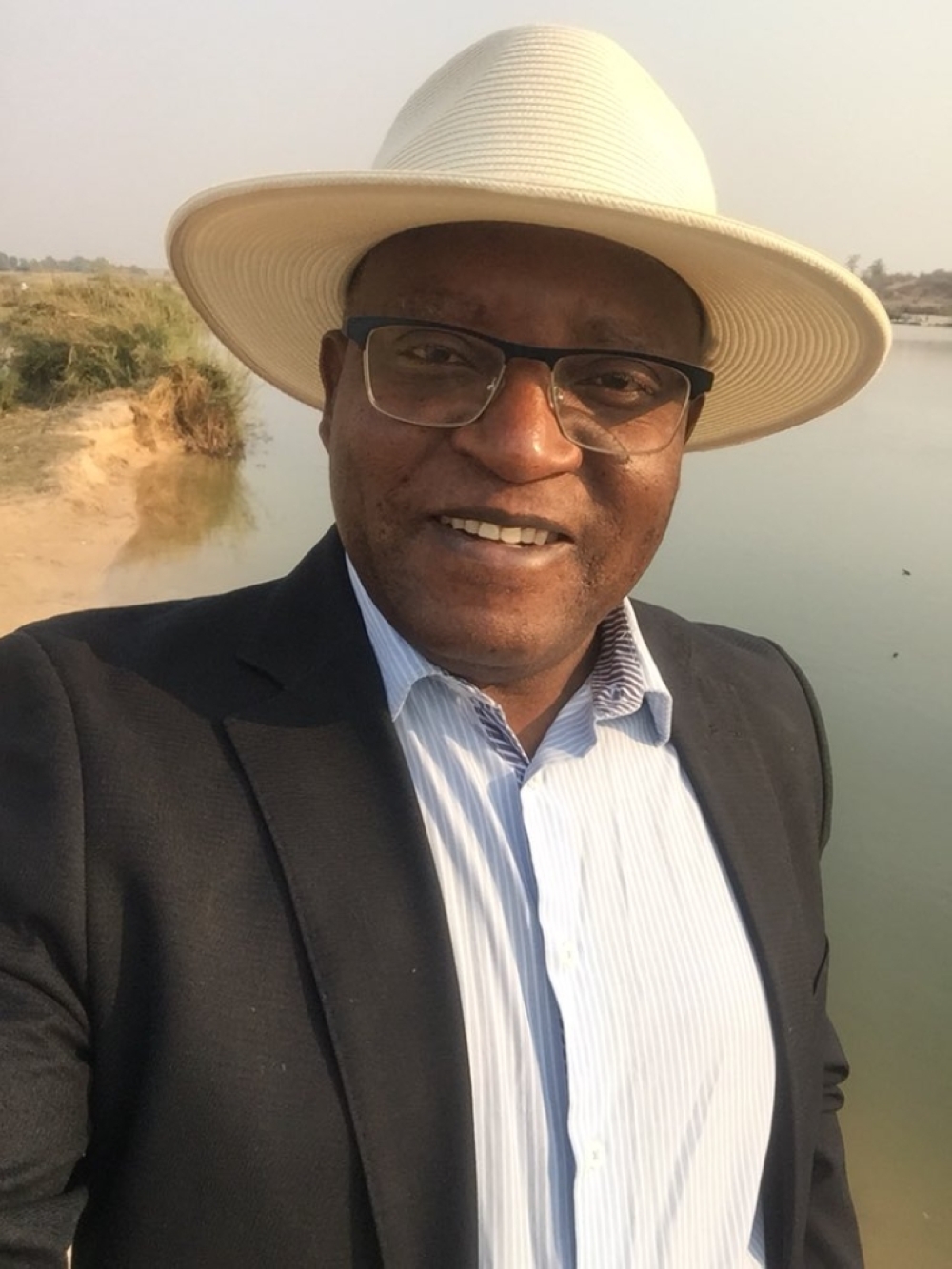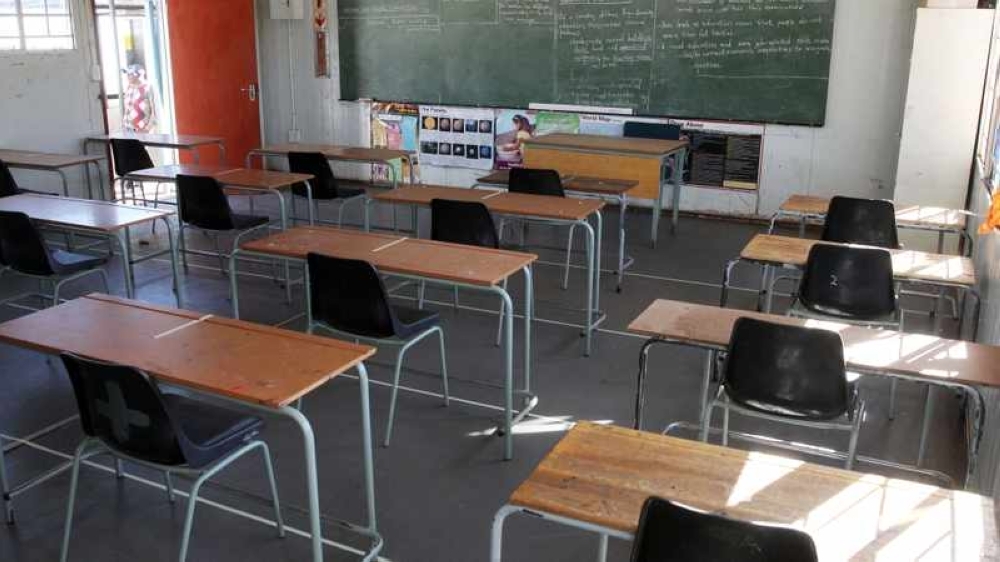Redefining education amid the technological evolution
It is time for Africa in general and Namibia in particular to have a renewed conversation on the meaning, importance and application of modern education in light of the technological revolution chorus. There was a time in our country and continent when this concept of education meant to civilise the uncivilised pagans. It meant, as per the doctrine of the 1884-1885 Scramble for Africa, the opportunity to pacify, to conquer, to Europeanise and, by extension, to christianise. It also meant to give us new names and to turn our back on our cultures and traditions. It meant to accept the Bible and to surrender the land.
But in the broader scheme of things, it also arguably meant opening up the minds of the colonised to be thirsty for knowledge. Colonial education for an African almost exclusively meant to become a pastor, a teacher or a nurse. This, however, did not stop the African to invariably defy the odds and read beyond the confines of the Bible. In fact, some studied and became holders of doctorates in theology and other faculties of study. Once the colonised became educated, the colonisers found it difficult to enslave them any further.
You are because we are
It is this conversation that I believe we should seize upon. Education beyond the known boundaries. Let us revisit the priority of education in the context of a world dominated by technology. If a young girl Malilo, living in Kangongo, desires to become a software developer, her dream should be embraced by the whole village. If another learner, Nangula, living in Olwadhiya, wants to become a developer of an app, which can connect archives of all traditional authorities in the Omusati Region, her dream should be supported by the whole village too.
If a young man, Mubita, living in Bukalo, wants to manufacture Wi-Fi devices for students, his invention should be embraced by the whole village too. If Shilongo, living in Onkumbula, dreams of setting up the first company that manufactures mobile phones, the whole village should embrace his talent. And if Seibeb, from Rehoboth, wishes to develop Namibia’s first gaming gadgets, the whole community should support his dreams too. If Usurua, who lives in Omatjete, wishes to set up Namibia’s first google-equivalent search engine, his dream should be embraced by the whole village. This is the African philosophy of you are because we are. Or put differently, it takes a village to raise a child. It takes the conversation of the African village to redefine and reconfigure the architecture of mindsets towards education. What was true in 1884 is worlds apart from what is true in 2022.
Capacity exists
Elon Musk bought Twitter for US$44 billion. Mark Zuckerberg owns Facebook, Instagram and WhatsApp. Google was founded by computer scientist Larry Page and Sergey Brin. Last month, Google announced that Togo (West Africa) will be the first landing of a new Google undersea internet cable which will be connected to Europe. This development has been described as a “major digital infrastructure transformation initiative”. The internet cable “Equiano” is named after Nigerian-born writer and abolitionist Olaudah Equiano. It is aimed at creating improved high-speed and affordable internet access to millions of people in the country and West Africa. In short whether it’s Google, Twitter, Facebook, Instagram or WhatsApp, these are social media companies that Usurua, Malilo, Mubita, Shilongo, Nangula or Seibeb could have started with the right support, expertise and financial backing.
The conversation on technological education therefore should be encouraged. We do not need to be colonised with new names. We do not need to be civilised by others, either mentally or technologically. The capacity now exists for us to do it. Let us have a national conversation at villages, households, in the classroom, in church, at traditional meetings and in the chambers of parliament. The dreams of the African child should be encouraged and supported financially. Let it no longer be just a song about the fourth industrial revolution. The time is now to realise that the technological revolution in Africa and Namibia must begin with and by us believing that the dreams of Malilo and others are possible. If needs be, the curriculum must change to become the technological bible of doers. The priorities must change. Let us walk the talk in this conversation and in actualising it all over Namibia and Africa.
But in the broader scheme of things, it also arguably meant opening up the minds of the colonised to be thirsty for knowledge. Colonial education for an African almost exclusively meant to become a pastor, a teacher or a nurse. This, however, did not stop the African to invariably defy the odds and read beyond the confines of the Bible. In fact, some studied and became holders of doctorates in theology and other faculties of study. Once the colonised became educated, the colonisers found it difficult to enslave them any further.
You are because we are
It is this conversation that I believe we should seize upon. Education beyond the known boundaries. Let us revisit the priority of education in the context of a world dominated by technology. If a young girl Malilo, living in Kangongo, desires to become a software developer, her dream should be embraced by the whole village. If another learner, Nangula, living in Olwadhiya, wants to become a developer of an app, which can connect archives of all traditional authorities in the Omusati Region, her dream should be supported by the whole village too.
If a young man, Mubita, living in Bukalo, wants to manufacture Wi-Fi devices for students, his invention should be embraced by the whole village too. If Shilongo, living in Onkumbula, dreams of setting up the first company that manufactures mobile phones, the whole village should embrace his talent. And if Seibeb, from Rehoboth, wishes to develop Namibia’s first gaming gadgets, the whole community should support his dreams too. If Usurua, who lives in Omatjete, wishes to set up Namibia’s first google-equivalent search engine, his dream should be embraced by the whole village. This is the African philosophy of you are because we are. Or put differently, it takes a village to raise a child. It takes the conversation of the African village to redefine and reconfigure the architecture of mindsets towards education. What was true in 1884 is worlds apart from what is true in 2022.
Capacity exists
Elon Musk bought Twitter for US$44 billion. Mark Zuckerberg owns Facebook, Instagram and WhatsApp. Google was founded by computer scientist Larry Page and Sergey Brin. Last month, Google announced that Togo (West Africa) will be the first landing of a new Google undersea internet cable which will be connected to Europe. This development has been described as a “major digital infrastructure transformation initiative”. The internet cable “Equiano” is named after Nigerian-born writer and abolitionist Olaudah Equiano. It is aimed at creating improved high-speed and affordable internet access to millions of people in the country and West Africa. In short whether it’s Google, Twitter, Facebook, Instagram or WhatsApp, these are social media companies that Usurua, Malilo, Mubita, Shilongo, Nangula or Seibeb could have started with the right support, expertise and financial backing.
The conversation on technological education therefore should be encouraged. We do not need to be colonised with new names. We do not need to be civilised by others, either mentally or technologically. The capacity now exists for us to do it. Let us have a national conversation at villages, households, in the classroom, in church, at traditional meetings and in the chambers of parliament. The dreams of the African child should be encouraged and supported financially. Let it no longer be just a song about the fourth industrial revolution. The time is now to realise that the technological revolution in Africa and Namibia must begin with and by us believing that the dreams of Malilo and others are possible. If needs be, the curriculum must change to become the technological bible of doers. The priorities must change. Let us walk the talk in this conversation and in actualising it all over Namibia and Africa.





Comments
Namibian Sun
No comments have been left on this article